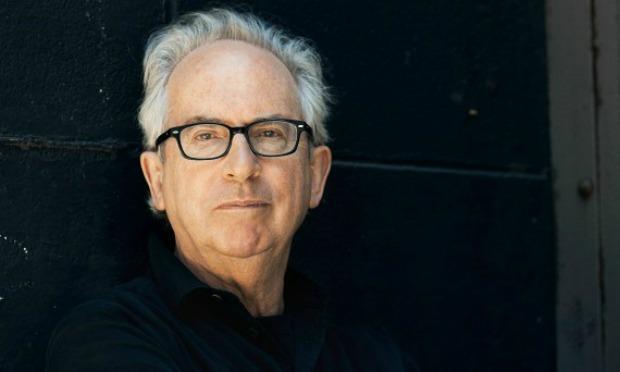Peter Carey: From Outback Outlaws to Militant Hackers
For English-language writers, winning the Man Booker Prize can be the pinnacle of their careers. The Australian novelist Peter Careyhas won it twice, one of only three writers to do so. In a career that has spanned more than three decades, Carey’s best-known works are historical novels like True History of the Kelly Gang and Oscar and Lucinda. His latest book, Amnesia, could hardly be more timely: it’s about government surveillance and politically motivated hacking. Its narrator, Felix Moore, a disgraced political journalist, gets an invitation to write an exculpatory biography of the indicted hacker. But he realizes that he is personally entangled with the hacker, the daughter of a famous actress. The dangers of Moore’s assignment soon become clear, as he is kidnapped and forced to complete his writing in a remote location, safe from the spying eyes of the NSA and its Australian collaborators.
Hear Kurt’s entire interview with Peter Carey below.
Carey came to the subject matter after being asked to ghostwrite the autobiography of the real-life Australian hacker Julian Assange, the founder of Wikileaks. Carey turned down the offer, although he felt sympathetic to Assange, seeing his actions in the context of Australia’s fraught relationship with the US. “If Mr. Assange is getting pissy with you, maybe he has some reasons for it,” Carey says. The book opens with an attack on the software that runs prisons, leading to the sudden release of criminals all over the world. As the story unfolds, Moore uncovers the links between the prison hack and decades-old grievances against meddling US spy agencies.
As a young man, Carey worked in advertising and wrote at night and on weekends. Over the course of a decade, he wrote a handful of novels and dozens of stories that never saw the light of day. He tells Kurt Andersen, “Something always happened with everything I did that gave me encouragement — like I got a little bit of it published, or somebody said they’d publish my novel and it took them a while before they reneged.” He finally had a breakthrough with his first short story collection, The Fat Man in History(1974). He went on to write Bliss(1981) and Illywhacker(1985) while working at his own advertising firm, and only quit the business after winning his first Booker Prize, for the bestselling Oscar and Lucinda, in 1988. “I got a serious bump in sales, and like any writer in mid-career who gets a bump in sales, I thought, ‘My life has changed. This is who I am now,'” Carey says. “But you’re like any other writer — your sales will go up, your sales will go down, you’ll get great reviews and bad reviews. So it didn’t quite turn out like I expected.”
Bonus Track: Kurt’s extended conversation with Peter Carey
Our coverage reaches millions each week, but only a small fraction of listeners contribute to sustain our program. We still need 224 more people to donate $100 or $10/monthly to unlock our $67,000 match. Will you help us get there today?
